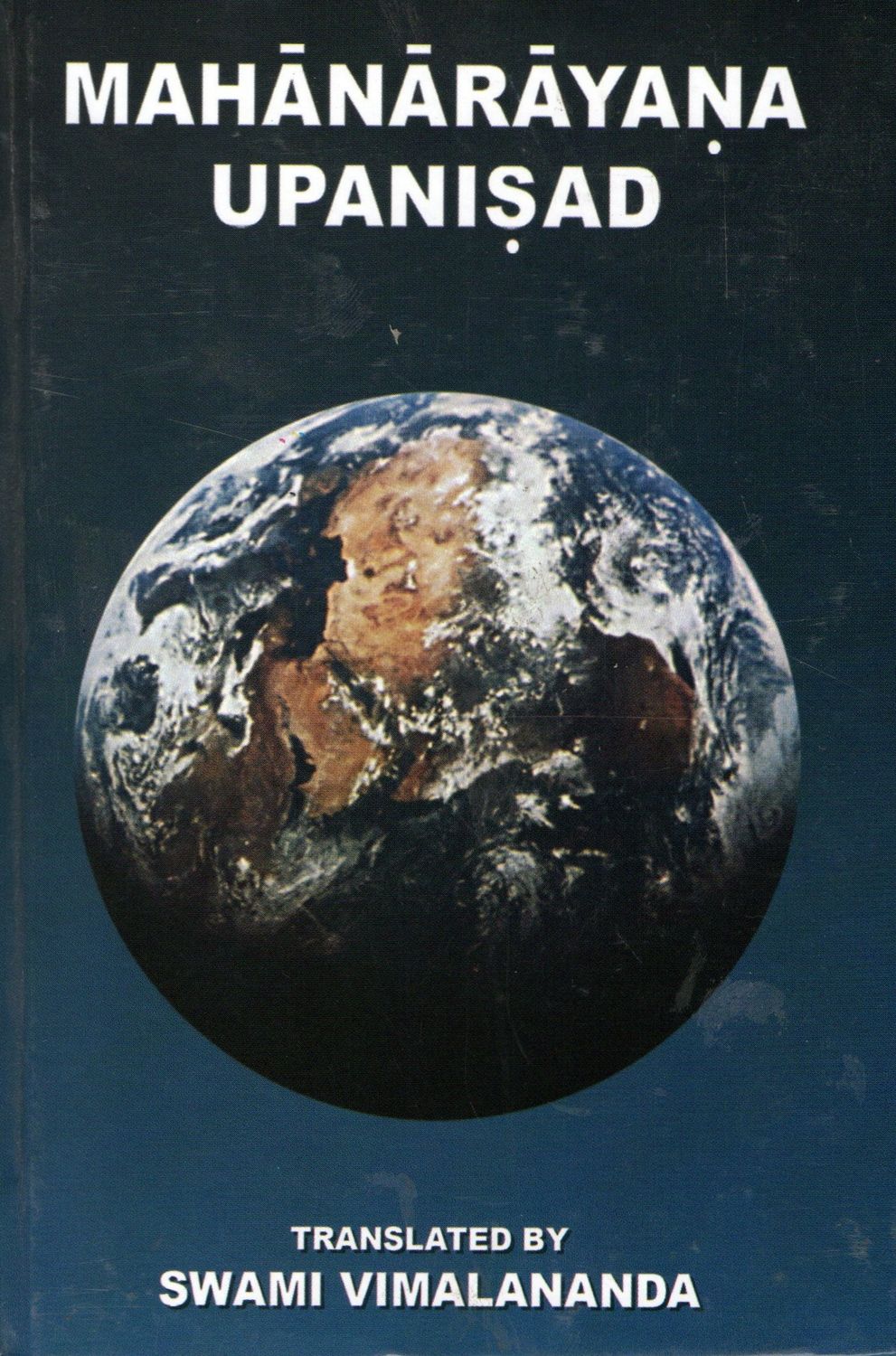Mahanarayana Upanisad (English)
The Mahanarayana Upanishad is one of the minor Upanishads of Hinduism, specifically classified as a Vaishnava Upanishad. It's an ancient Sanskrit text that exists in multiple versions and is associated with either the Krishna Yajurveda or the Atharvaveda. The title, "Mahanarayana," means "Great Narayana," but the text is notable for glorifying both Narayana and Rudra as equivalent embodiments of Brahman, the ultimate reality in Hinduism.
Key Themes and Significance
The Upanishad opens with cosmological ideas, describing Brahman as a principle that existed before the creation of the universe. It states that Brahman is the origin, sustainer, and ultimate destination of all things. The text identifies this metaphysical principle with various deities, including Agni, Vayu, Surya, Chandrama, Prajapati, Purusha, Rudra, and Narayana, asserting that they are all manifestations of Brahman.
The Upanishad also outlines an axiology (a system of values), highlighting several virtues as the highest principles of human endeavor. These include:
- Satyam (truth)
- Tapas (penance or discipline)
- Dama (temperance, self-restraint)
- Danam (charity)
- Dharma (duty)
It emphasizes that these virtues, and acts of charity in particular, are fundamental to all beings and lead to spiritual progress. The text also includes verses of reverence for those who renounce worldly life for the pursuit of knowledge, describing their life as an act of worship itself. The Mahanarayana Upanishad is a significant text for understanding the theological and ethical ideas within the tradition it represents.

